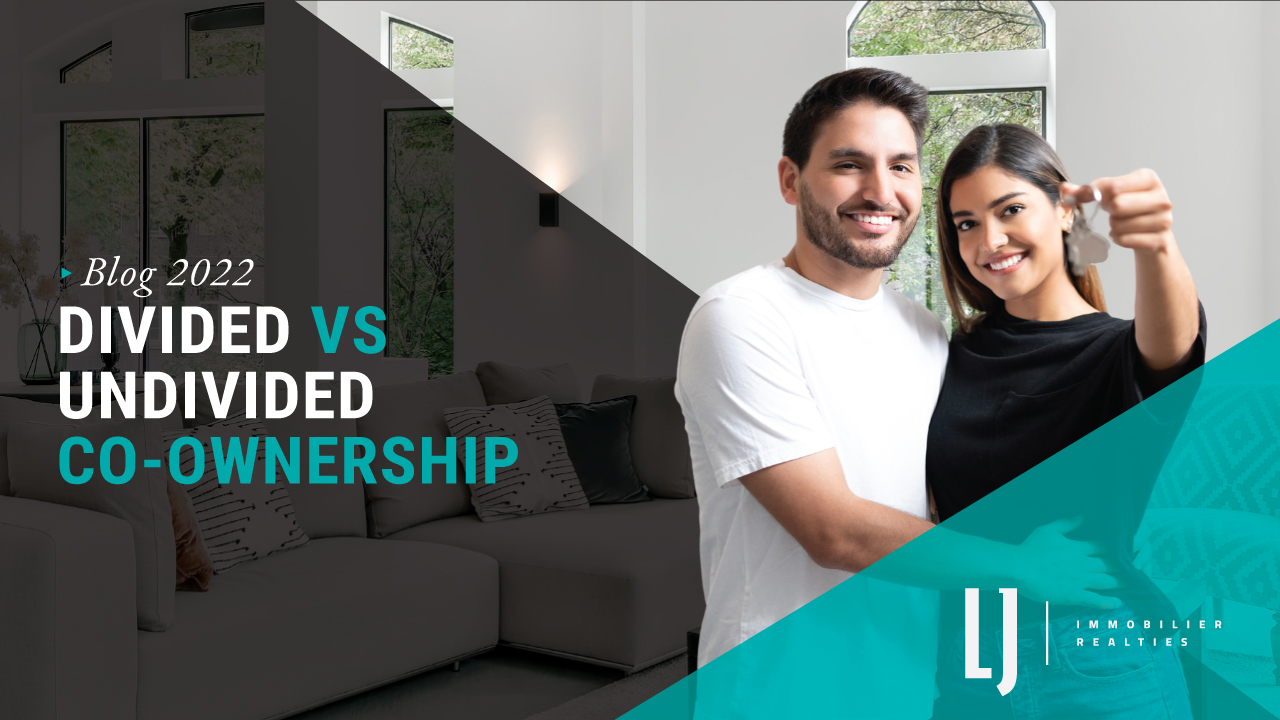
If you’re looking to buy a condo, you’ve likely run into the terms “divided” and “undivided.” These two ownership structures have very different implications for the owner – let’s explore.
Simply put, a divided condo is just like buying a house or any other product on the real estate market. You are going to have your own lot number, your own municipal and school tax account, and you’ll be responsible for all of your own things individually.
You can go to any bank, you can go to any insurer, you can rent out your unit … you get to make these choices all on your own. Your taxes will usually be a little bit higher because it’s your own tax account, but that higher rate comes with significant freedoms.
An undivided condo works differently! Think of it as you buying shares of a company, and the building that houses all the units is the company you’re buying into. So you will get, say, 3% of that building, which means you are responsible for 3% of the tax account.
That usually ends up being a little bit cheaper than taxes for an individual unit, and you’re still going to have the exclusive right of use for your independent unit. However, you don’t actually own that square footage; you own a percentage of the building itself.
Where this gets a bit complicated is that you need to put at least 20% down for undivided properties, and you can only finance it with Desjardins or National Bank (depending on which bank already services the building).
Another important thing to note is that not all banks will let you rent out your unit! Therefore, you have to make sure you get approval from the banks themselves, and depending on how the indivision agreement is written, you’ll have to get approval from the other co-owners.
It’s also important to note that undivided ownership is more of a partnership. You’re a little bit more involved with everybody else than in a standard co-ownership.
If there’s an incident, you’re still responsible for your share, just as you would be in a divided ownership. But with divided, you only have to put 5% down depending on the purchase price.
Both options have their pros and cons: if you want to save a little money on taxes, undivided might be the way to go. But if you want to put less money down and be a more independent homeowner, divided ownership might be a better option.
Want to chat more about your options? We’re always happy to chat!





